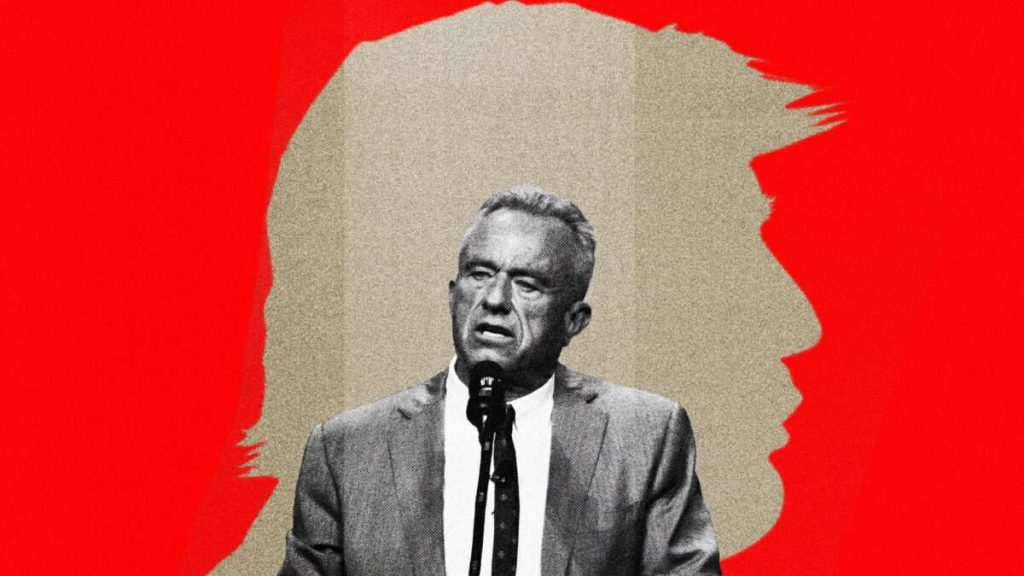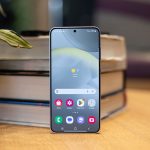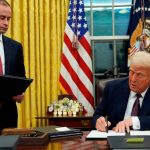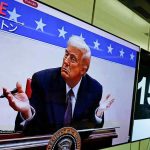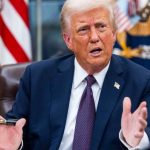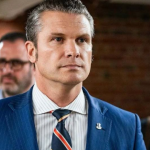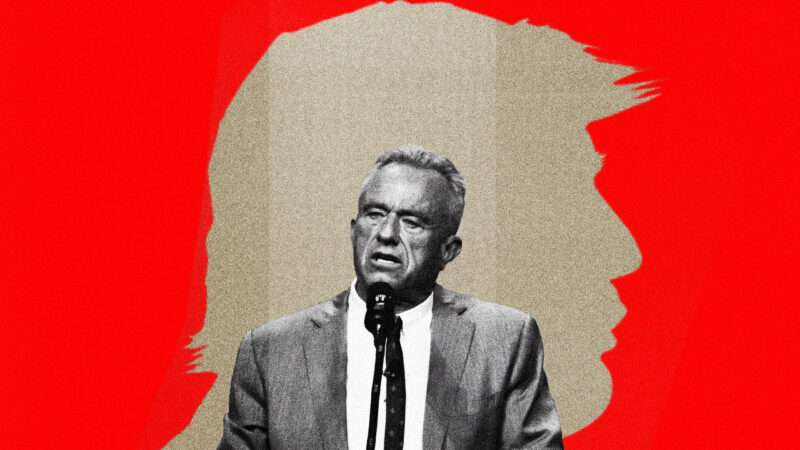
The online, health-focused “crunchy” community has always had an antigovernment streak. That makes sense, as it consists of trad wives who want legal raw milk, health nuts who hate chemicals and junk food, moms who are concerned about vaccines, hippies who want to use natural products, and other groups that tend to go against the status quo. Personal responsibility to make choices that benefit both people and the planet has often been the community link between wildly different accounts and motivations.
And then came Robert F. Kennedy Jr. and his Make America Healthy Again (MAHA) agenda. Suddenly, many of the same crunchy influencers who championed personal responsibility and making informed choices for their families began to applaud the federal government making choices for all American families.
As the nominee to head the Department of Health and Human Services (HHS), RFK Jr. has an opportunity to leverage the federal government’s power to restrict things he believes are making Americans sick, such as seed oils, junk food, vaccines, chemicals, and more. A large portion of the crunchy community would support him in doing so. Eryn Carroll, a health-minded influencer, applauded MAHA, suggesting that the federal government should work to ban GMOs, pesticides, herbicides, and fluoride in tap water. “Imagine a health system led by someone who truly prioritizes our well-being over corporate interests,” wrote Carly Shankman, another online crunchy influencer, in support of RFK Jr.
But many in the crunchy community remain adamant that the federal government should not take choices away from people. “I am granola but also a rational science-minded person, and they are going to have to pry vaccines and pasteurized milk out of my cold hands,” ranted one Reddit user in a channel describing itself as “a place for almost hippies.”
The disagreement over MAHA within the health-focused community proves that two things can be true at once: Yes, many things are bad for our health. No, asking the federal government to remove our option to choose these things is not a good idea.
I live in the daily tension between these two things as the stereotypically crunchy person among my friends and family. My house is as chemical-free as possible, and anything including the ingredient “fragrance” is banned. I don’t use perfume, make homemade cleaning products, haven’t lit a candle in years, filter my water, and religiously read the ingredients list of anything I’m tempted to buy at the grocery store.
Some people live this way as a form of prevention, but I adopted this lifestyle when I was desperate for a cure. A few years ago, my health took a sharp turn for the worse, and on top of some other health problems, I developed severe chemical allergies that made day-to-day life miserable. I often turned to crunchy influencers to get ideas for product swaps and brands. It took years and thousands of dollars, but I finally have a household and lifestyle that keeps me healthy.
“Over the past fifty or so years, more than 80,000 chemicals have been introduced into our environment, and the vast majority weren’t tested first to see if they were safe for human contact,” writes Darin Olien, author of Fatal Conveniences. The crunchy community is right to ask questions about the impacts of these chemicals.
Water quality is another common, justified concern. “Getting a passing grade from the federal government does not mean the water meets the latest health guidelines,” writes the Environmental Working Group (EWG). EWG’s Tap Water Database lets you search using your zip code to see contaminant levels in your area’s drinking water. I check the database every time I move to a new area and am often shocked at the high levels of chemicals and disinfectants found in the water that comes out of my faucet.
We shouldn’t wave away valid health concerns, but regulation already exists. And, as certifications and innovative digital tools make it simpler than ever to make informed decisions, we can remove many harmful substances from our lives without increased regulation. The global certifier OEKO-TEX makes it easy to identify whether the clothes, blankets, and towels you buy have been chemically treated. EWG’s Skin Deep Database makes it easy to get information about how the ingredients in your personal care products might be impacting your health. There are also a handful of government certifications that Americans already know and trust, such as the organic label on your grocery store purchases.
You might think worrying about any of this is a waste of time. You grew up on Red Dye 40 and feel just fine! Why add a water filter when the United States has one of the safest water supplies in the world? You are absolutely free to think worrying about any of this is ridiculous, just like I am free to make choices that benefit my health. There’s no need to get RFK Jr. involved to make decisions for either of us.
Healthy decisions are not one-size-fits-all; they are tradeoffs, and we are the only ones who can decide what risks we’re willing to take. I choose to clean without standard household disinfectants because I’m wary of how they will affect me; my friends bleach their countertops because they are concerned about the risk of germs. I get vaccinated because I think the benefits outweigh the risks; I have family members who disagree. I wear little-to-no sunscreen (and only specific brands) because I am concerned about carcinogenic chemicals; others slather on the sunscreen because they worry about the sun causing skin cancer.
It is your right to get rid of all candles and only clean your house with vinegar, and it is your neighbor’s right to pump their home full of fragrance and eat foods with red dye all day. America is a nation of individuals, and we are each free to decide what tradeoffs we are willing to make to live a healthy life. Instead of asking RFK Jr. to get involved, make informed choices for yourself and your family and leave your neighbors alone.
The post We Don’t Need RFK Jr. To ‘Make America Healthy Again’ appeared first on Reason.com.

